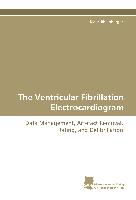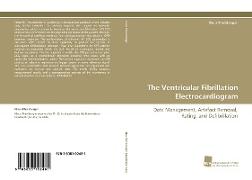The Ventricular Fibrillation Electrocardiogram
BücherAngebote / Angebote:
Presently, resuscitation is guided by a standardised protocol which includes only rhythm detection for decision support. We suggest an extended diagnostics, which is primarily based on the ventricular fibrillation (VF) ECG and provides information on the physiological status of the patient. Thereby, the removal of artefacts resulting from cardiopulmonary resuscitation (CPR) becomes desirable. The performance of different VF ECG parameters is discussed with respect to their capability to predict the success of subsequent defibrillation attempts. Two new algorithms for CPR artefact removal are presented which are both based on state-space models and Kalman recursions. The first algorithm models the CPR part of a corrupted ECG signal as a stochastically changing seasonal time series with an optionally time-dependent period. The second algorithm estimates the CPR part by an adaptive regression on lagged copies of some reference signal. The ECG parameters and artefact removal algorithms are optimised and evaluated on human and animal data. The thesis finally contains measurement results and a corresponding analysis of the waveforms of various modern external biphasic defibrillators.
Folgt in ca. 10 Arbeitstagen





